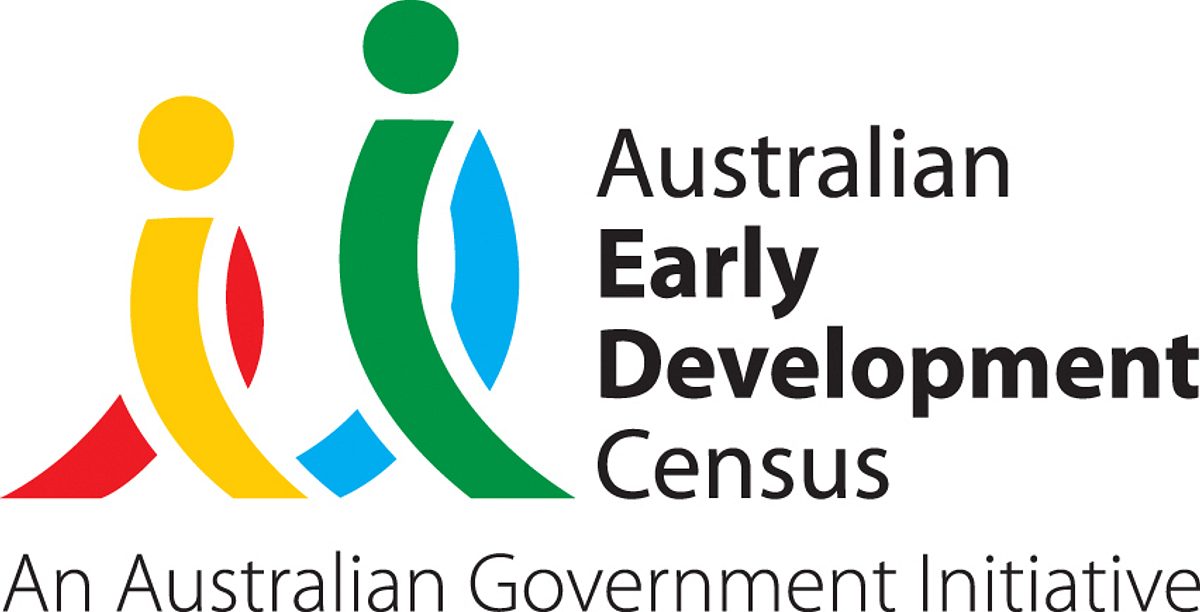
The Australian Early Development Census (AEDC) is a nationwide data collection of early childhood development at the time children commence their first year of full-time school. The AEDC highlights what is working well and what needs to be improved or developed to support children and their families by providing evidence to support health, education and community policy and planning.
The AEDC is held every three years. The next AEDC data collection will be in 2024 and will be the sixth collection. The census involves teachers of children in their first year of full-time school completing a research tool, the Australian version of the Early Development Instrument. The Instrument collects data relating to five key areas of early childhood development referred to as ‘domains’.
The AEDC measures five important areas of early childhood development: physical health and well being; social competence; emotional maturity; language and cognitive skills (school-based); and, communication skills and general knowledge.
The AEDC domains have been shown to predict later health, wellbeing and academic success.
The Early Childhood Education Toolkit can help children’s education and care services consider the evidence on approaches across the five AEDC domains. Use the links below to access the Toolkit approaches mapped to each domain.
If you’re looking for more AEDC resources for schools and early childhood education and care, refer to the AEDC Engagement Kit. These resources link with the National Quality Standard, Early Years Learning Framework and the Australian Curriculum, and how the AEDC can be used for evidenced-based and evidence-informed planning within local community contexts.